People Who Love Staying Up Late Tend to Share These 10 Surprising Traits
People who stay up late often move through the day a little differently from everyone around them, and that difference can be easy to misunderstand. Their routines come from a mix of biology, learned habits, and emotional patterns rather than any lack of drive. Researchers studying chronotypes note that late sleepers share a set of traits that shape how they think, work, and move through daily life. Those traits carry both strengths and challenges, which helps explain why some people feel most focused only after the rest of the world has turned in for the night.
Increased Focus

Credit: freepik
Late nights often offer the kind of stillness that makes deep concentration easier. With fewer interruptions and less activity around them, late sleepers can settle into tasks that require patience and detail. Many say their best ideas come during these hours, when they can write, plan, or create without being pulled in different directions.
Routines Built Around Internal Timing
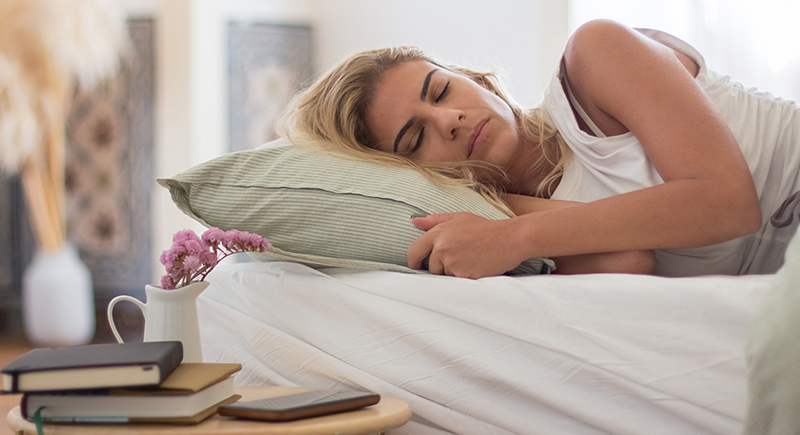
Credit: freepik
Individuals with delayed sleep cycles often rely on structure, even if it appears unusual to others. They create routines that protect both sleep and productivity by shifting demanding work to times when they feel alert. Morning commitments take less space in their schedules because early hours bring lower energy and slower thinking.
Social Strength During Evening Hours

Credit: freepik
Research indicates that night owls tend to occupy central positions within their social networks. Their availability during off-hours supports long conversations and steady communication across time zones. These interactions strengthen friendships that rely on late-night check-ins. Many people view them as the person who listens when everyone else logs off.
Curiosity That Leads to Practical Outcomes
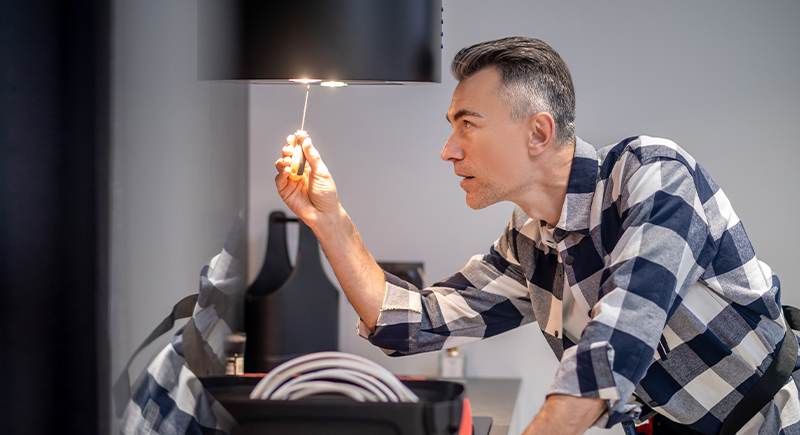
Credit: freepik
Late-night curiosity can become surprisingly productive. The absence of interruptions lets night owls follow small questions into bigger solutions. Someone might research how to repair a household item or reorganize a work system they’ve struggled with. Studies show that these deep dives often lead to improvements with real impact, such as upgraded workflows or new personal habits.
Higher Reasoning Scores in Academic Studies

Credit: freepik
A study from the University of Madrid found that night owls performed better on inductive reasoning tests. These tests measured the ability to identify relationships and form conclusions from patterns. The results suggested that people with later chronotypes might process certain types of information more effectively. This doesn’t mean they outperform everyone academically. It means they show strength in specific cognitive areas that rely on connecting ideas.
Common Tendency to Delay Bedtime
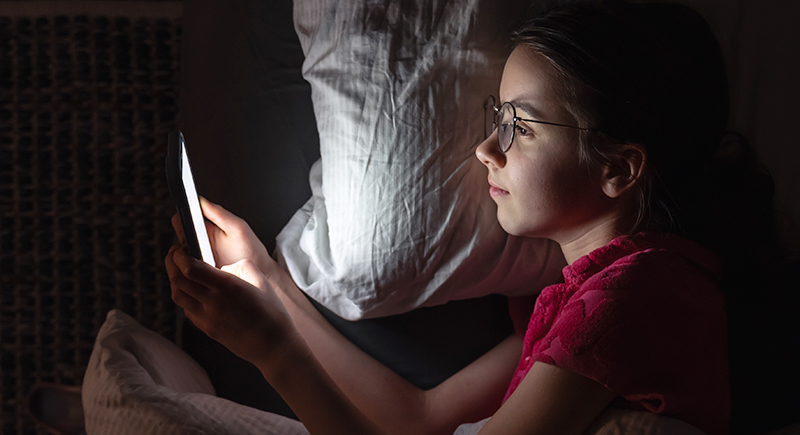
Credit: freepik
Many people who stay up late struggle with bedtime procrastination. They feel tired but continue watching videos, reading, or scrolling because the evening feels like the only personal time they have. One helpful approach involves adding a small routine that signals closure, such as dimming lights or stepping away from devices.
Strong Preference for Autonomy in Scheduling
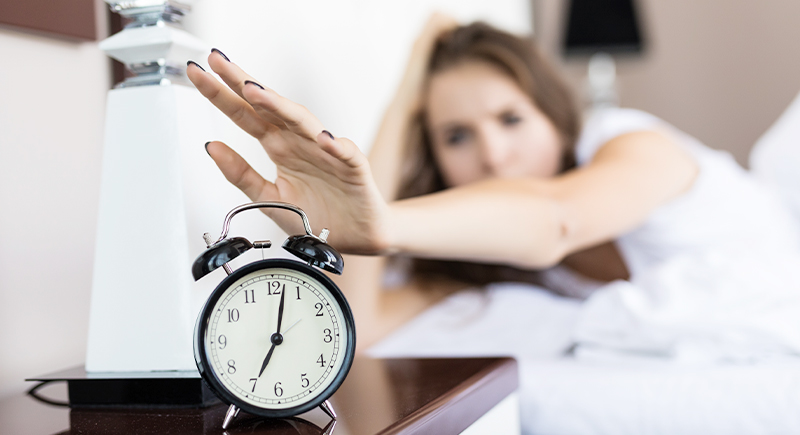
Credit: freepik
Night owls often struggle with strict early-morning routines because their energy rises later in the day. The issue usually comes from misalignment with their natural rhythm rather than resistance to structure. When they can set their own hours, their focus and performance improve. Research on chronotypes shows that their internal clocks peak later, so shifting nonessential tasks to later slots can ease stress.
Comfort with Unfinished Ideas
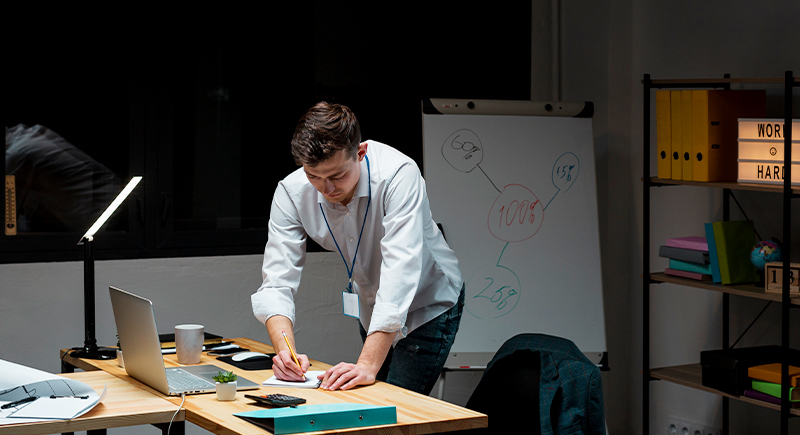
Credit: freepik
Various late sleepers excel at navigating open-ended work. They avoid rushing early drafts and allow projects to evolve. This comfort with uncertainty allows them to rethink plans and consider multiple options before making a decision. It supports stronger outcomes because they spend time observing rather than forcing answers.
Greater Impulsivity

Credit: freepik
Late sleepers often act more quickly on their instincts. Studies link later chronotypes with stronger risk-taking tendencies, which can show up in spending, communication, or emotional reactions. Cutting back on caffeine after midday and setting limits on evening screen time can help keep these impulses in check.
Increased Likelihood of Vivid Dreams and Nightmares
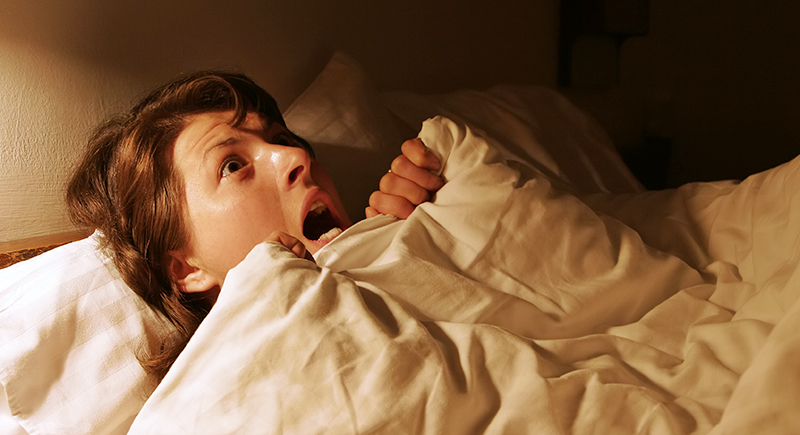
Credit: iStockphoto
People who sleep later often describe their dreams as more detailed and emotionally charged. Researchers connect this pattern to uneven sleep routines, elevated stress, and continued brain activity during the night. Those with later chronotypes also report a higher chance of nightmares, which tend to appear when REM sleep is disturbed or when anxiety is present.